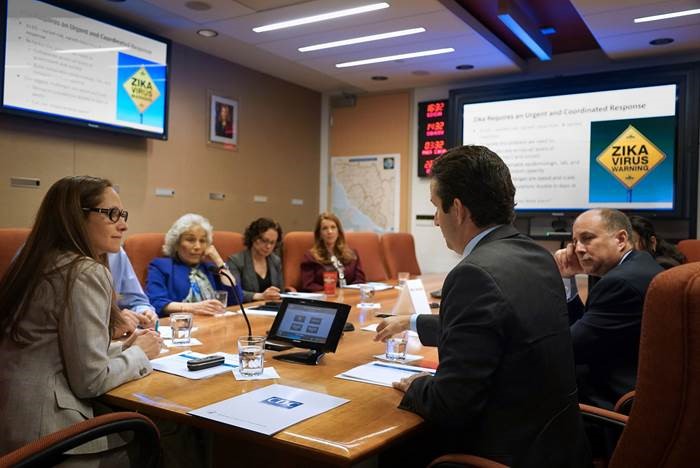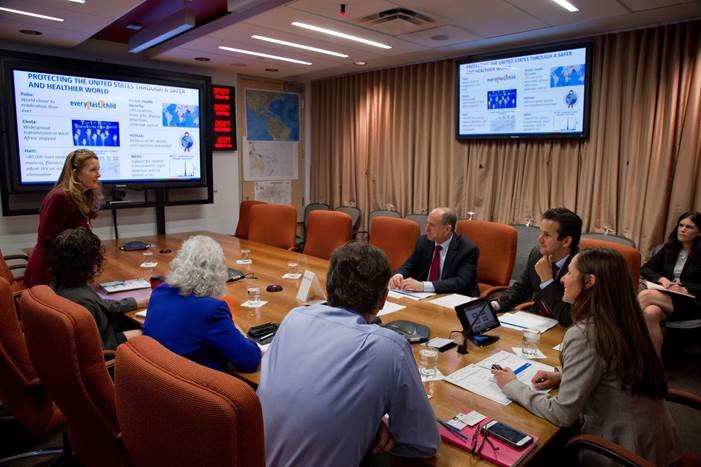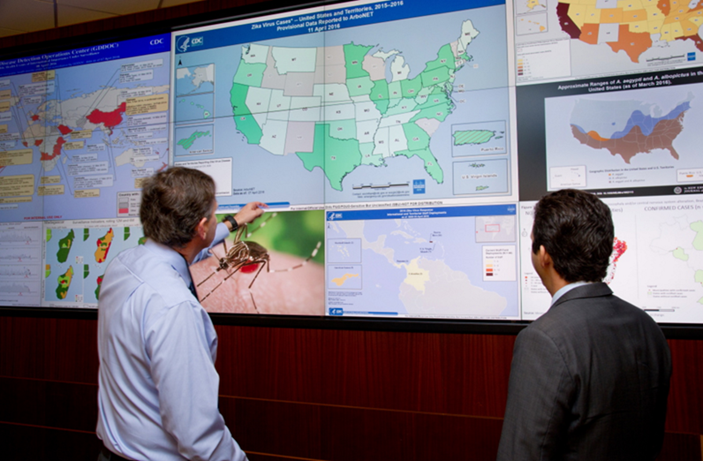Schatz Visits CDC Headquarters, Meets with Top Officials to Discuss Zika, Dengue Response in Hawai‘i
ATLANTA —As the outbreaks of Zika and dengue continue to threaten communities in the United States and around the world, U.S. Senator Brian Schatz (D-Hawai‘i) visited the Centers for Disease Control and Prevention (CDC) headquarters and met with top officials to discuss the CDC’s response to outbreaks in Hawai‘i. During the meetings, Senator Schatz called for stronger vector-control programs to fight the spread of mosquito-borne viruses. Zika and dengue are transmitted by the same mosquito population, making vector-control programs a key component to preventing outbreaks.
“Dengue remains a public health emergency on Hawai‘i Island, and with new possible Zika cases in the state, we need more support from the CDC to fight these outbreaks,” said Senator Schatz, a member of the Senate Appropriations Subcommittee on Health and Human Services. “While we continue to secure more funding, I am pleased we were able to get a commitment from the CDC to address dengue and the threat of Zika in Hawai‘i.”
Last month, Senator Schatz led eight senators in calling on the Senate Appropriations Committee to increase funding for mosquito-control programs.
During an appropriations hearing in February, Senator Schatz urged the Director of the CDC, Dr. Tom Frieden, to coordinate with state and local governments to improve mosquito-control programs to help stop the spread of both dengue and Zika.
Hawai‘i has had over 250 confirmed cases of dengue since September 2015, mostly concentrated on Hawai‘i Island. Like dengue, Zika can be transmitted by mosquitos. Zika has been spreading throughout the Americas and has been linked with neurological ailments such as paralysis and devastating birth defects. The CDC has issued its highest alert level for Zika, while the World Health Organization has declared it a global health emergency.



